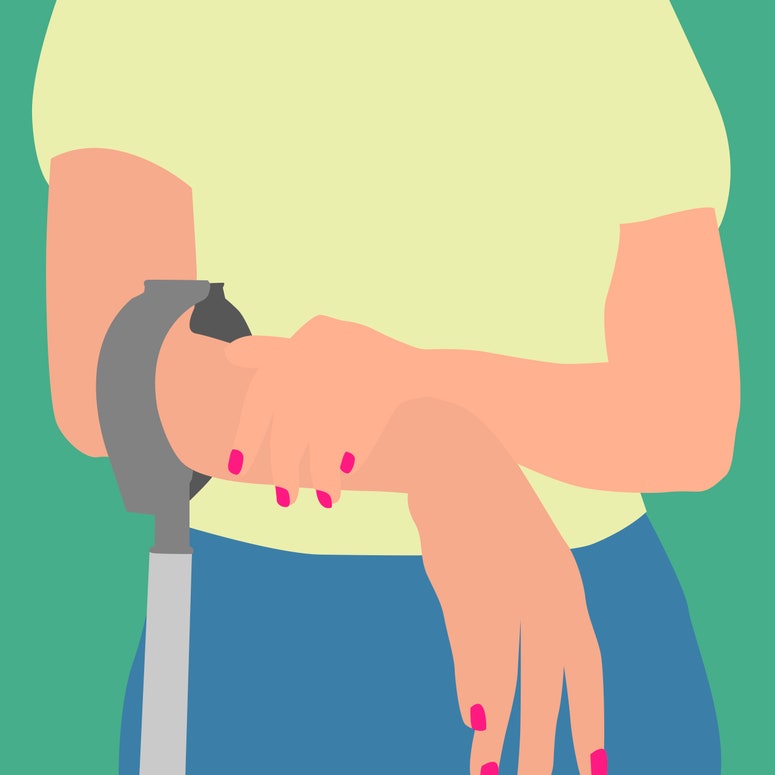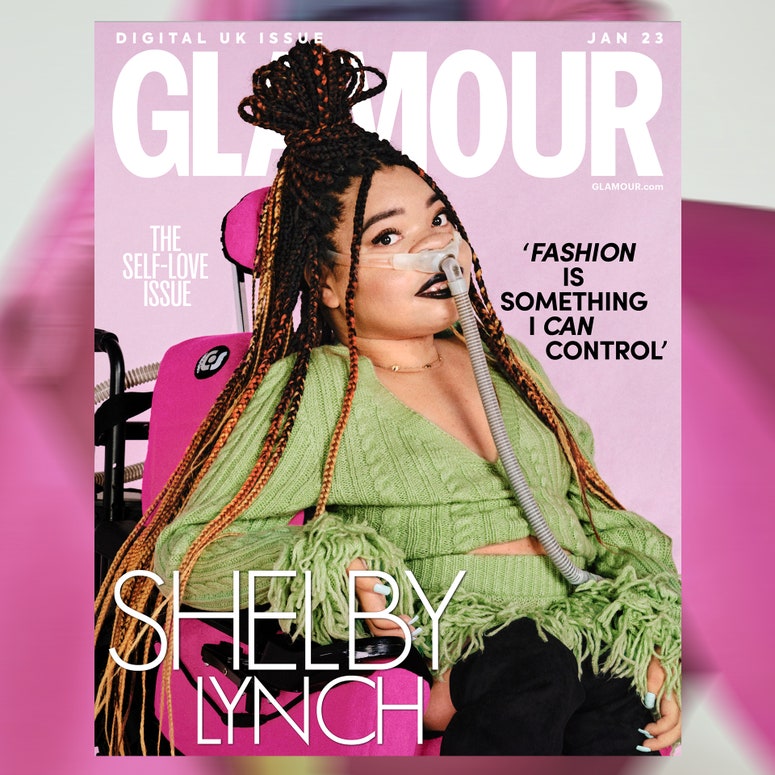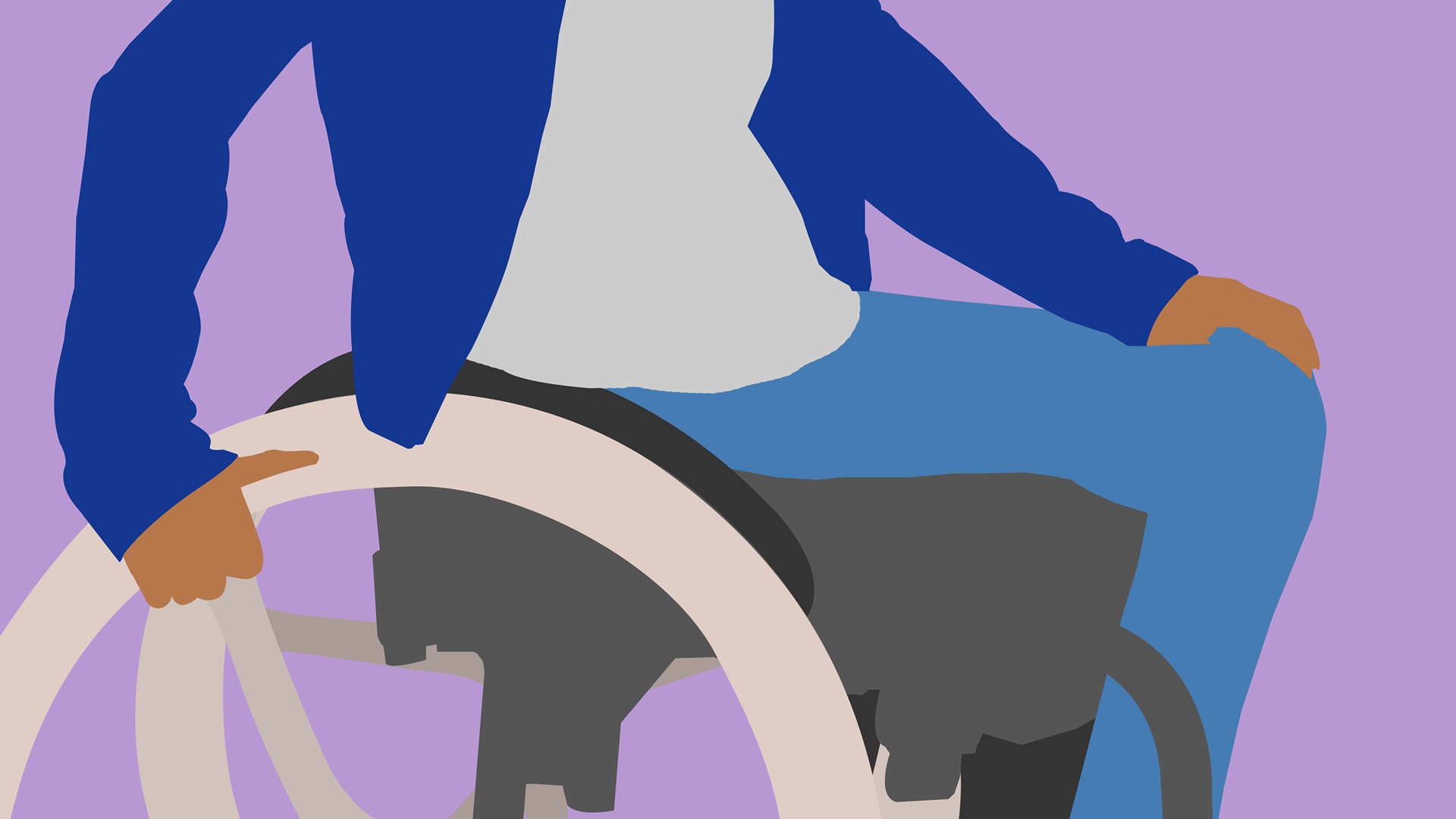As a wheelchair user, I have often experienced non-disabled strangers taking it upon themselves to grab my wheelchair without my consent and push me along. Recently, a man on a city street grabbed my wheelchair and started to push it without a word. I just kept saying, “No, no, no,” and searching my frazzled mind for a polite way to get him off me. Even in this desperate fear, I still searched for the “right” reaction. His face remained emotionless throughout, and he only let go when another non-disabled man saw my stricken face and told him forcefully to let go.
For weeks after, I feared leaving the house alone, fearing meeting the same man in the street or a more secluded area. I would think of his impassive face looming as he gripped my wheelchair and would stiffen if anyone got too close or tried to touch me. I felt an overwhelming sense of violation. I chastised myself for not doing more and not fighting back, but I’d been told not to, always to diffuse and placate.
We’re not ashamed of who we are.

Often, these non-disabled strangers, non-disabled men, will ignore my feelings—my visible dread.
I have experienced this behaviour in crowded public spaces, on public transport, and even on the street where I live, seconds from home. The emotions that arise from being in this situation are overwhelming and dehumanising. It isn’t only about being pushed. I have consented to people I trust pushing me and strangers in challenging situations. It’s about losing control over my mobility and body—losing the choice and ability to say no.
Unfortunately, this experience is all too familiar for many disabled people. Why do non-disabled people feel they have the right to invade personal space and control our bodies simply because we may have a physical difference? It’s a question I have asked myself and others throughout my life.
The truth is it happens far too often. When I was at university, men would attempt to “place” me where they wanted me in clubs or on dancefloors without warning or consideration, as though I were a doll to be used, and would often only realise or accept they were wrong and apologise, in a state of confusion, when my male non-disabled friends intervened or threatened them.
This combination of confusion and expectation happens every single time. The reasons for this are complex and varied; perhaps it’s due to a lack of education or a lack of understanding about what it is to be disabled, or maybe it’s because people believe it’s alright to take control when they think someone is less “capable,” “weak” or “frail.”
When I have spoken up about these experiences, the reactions I have received, even from some non-disabled friends and family members, have been dismissive or defensive. “I was only trying to help,” or “You should be grateful you get offered help,” or “They were probably harmless,” or “It’s just ignorance. They don’t understand.” But the truth is unless you take the time to treat us as human beings with our own bodily autonomy and personal space, it’s not helpful; it’s damaging and has an enduring impact, leaving us feeling vulnerable and exposed.
These experiences have not only left me feeling violated, but they have also left a sense of fear and anxiety within me, the constant suspicion that someone will grab my wheelchair again without warning, the sharpness of the split-second when I realise it’s happening again, the skittish look over my shoulder as I attempt to beg the stranger approaching me not to touch me wordlessly.
An extract from my book, Driving Forwards: A journey of resilience and empowerment after life-changing injury.

It also creates a lack of confidence within me; this removal of control which can happen at any time. It’s demoralising — it can make you feel worthless; why don’t I deserve to have a say in how my body is moved or who gets to touch it? After all, this behaviour does nothing to encourage disabled people to feel comfortable and confident in their bodies and spaces. After each interaction, I feel myself shrink and lessen, and I must rebuild again.
It’s not just the physical act of someone grabbing my wheelchair without consent. It’s also about what it says about living in our society as a disabled person, especially as a disabled woman. It says we’re seen as less capable and worthy of respect and bodily autonomy. A few years ago, under the guise of “helping” me up a hill without my consent, a man deliberately touched and moved my bra strap. These examples all happened in public places and describe how disabled women are seen and perceived. We’re public property to be touched, moved and used how others see fit.
When I keep saying no and am ignored, it gets harder and harder to build myself back up, to go outside and try again when that trust is already fractured.
So, what can be done to stop this behaviour? First and foremost, non-disabled people must understand that grabbing someone’s wheelchair is not okay. Pushing someone without their consent is disrespectful and invasive. Education and awareness are critical components in addressing this issue. More needs to be done to ensure that non-disabled people understand the impact of their actions and how to interact with us appropriately.
It’s so challenging in those moments to tell someone off for crossing a line. But I will continue to try. Because disabled people deserve to be seen as whole and capable human beings, including having control over our own bodies and personal space — stop grabbing our wheelchairs and our bodies without our consent.
Shelby Lynch stars on GLAMOUR's third Self-Love issue.

